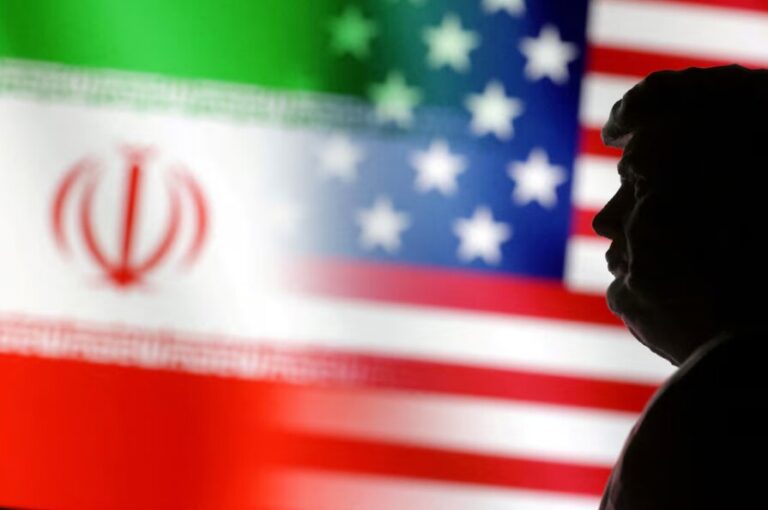Germany Stands Firm on AfD Extremist Label as Rubio Critiques ‘Disguised Tyranny’
Germany’s decision to classify the Alternative für Deutschland (AfD) party as a right-wing extremist group has sparked significant controversy, particularly with reactions from high-profile U.S. officials. This classification highlights the ongoing concerns about extremism in political movements across Europe.
On Saturday, reports from the BBC indicated that Germany’s Foreign Office stood firm in its classification of the AfD as right-wing extremist, despite receiving sharp criticism from the White House. Key figures in the U.S. government have voiced their concerns about this designation, with Vice President JD Vance accusing “bureaucrats” of attempting to “rebuild the Berlin Wall.” Secretary of State Marco Rubio further criticized the label, calling it “tyranny in disguise.”
In a rare response, the German Foreign Office took to X, directly addressing Rubio’s comments. They stated, “We have learnt from our history that right-wing extremism needs to be stopped.” This statement underscores Germany’s commitment to confronting the remnants of its past and ensuring that extremist ideologies do not gain a foothold in contemporary politics.
The classification of the AfD as right-wing extremist was made by Germany’s intelligence agency, the Bundesamt für Verfassungsschutz (BfV). According to the agency, the AfD’s “prevailing understanding of people based on ethnicity and descent” fundamentally contradicts Germany’s “free democratic order.”
The AfD achieved notable success in the federal elections held in February, securing a record 152 seats in the 630-seat parliament with 20.8% of the vote. This marked a significant moment for the party, as it came in second place, reflecting a growing support base within certain segments of the German population.
Previously, the BfV had classified the AfD as a right-wing extremist party in three eastern states where its popularity was particularly high. However, the recent decision extends this designation to the party as a whole, indicating a broader concern about its ideologies and practices.
In its statement, the BfV emphasized that the AfD “aims to exclude certain population groups from equal participation in society.” The agency pointed out that the party does not recognize citizens “from predominantly Muslim countries” as equal members of the German populace. This exclusionary stance raises alarms about the party’s commitment to democratic principles and social cohesion.
- Historical Context: Germany’s historical experiences with extremism, particularly during the Nazi era, have shaped its current policies and classifications regarding political parties. The government is particularly vigilant about any group that may promote ideologies reminiscent of past totalitarian regimes.
- AfD’s Electoral Performance: The party’s strong showing in the recent federal elections has raised questions about the shifting political landscape in Germany. Its ability to secure a substantial number of seats suggests an increasing acceptance of its views among voters.
- International Reactions: The strong backlash from U.S. officials highlights the international implications of Germany’s decision. It reflects a broader debate about how countries manage and respond to extremist political movements.
- Social Impact: The AfD’s rhetoric and policies could have lasting effects on social cohesion within Germany, particularly concerning the integration of diverse population groups.
Germany’s commitment to combating right-wing extremism is evident in its decisive actions against the AfD. The classification serves as a warning to other political entities that may harbor similar ideologies. As the political climate continues to evolve, the implications of such decisions will likely resonate not just within Germany, but throughout Europe and beyond.
In conclusion, the classification of the AfD as a right-wing extremist party by Germany’s intelligence agency has ignited a heated debate both domestically and internationally. As Germany takes a strong stance against extremism, the reactions from U.S. officials reflect a complex interplay of political ideologies and concerns about the rise of populism and nationalism around the world. The future of the AfD, its influence on German politics, and the response from the international community will be closely monitored in the coming months.






